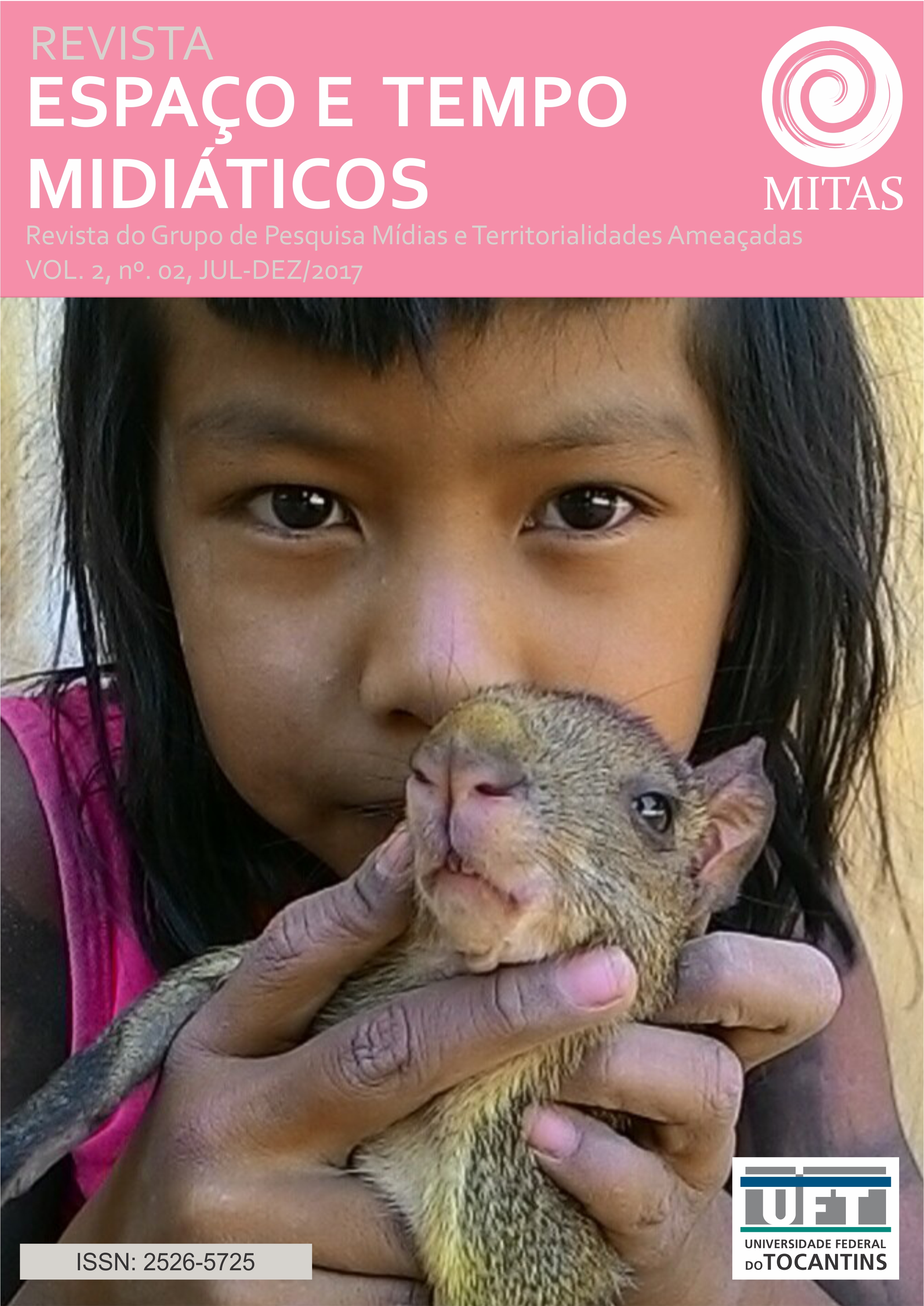The Associative Action of Urban and Peri-urban Women Farmers in Northeast, Brazil: Power Dynamics and Strategic Alliances
DOI:
https://doi.org/10.20873/stmmta2017-4721Keywords:
economia social e solidária, dinâmicas de poder, alianças estratégicas, mulheres, agricultura urbana e periurbanaAbstract
The purpose of this paper is to identify opportunities and challenges arising from the strategic alliances between small-scale female cultivators in the sector of urban and peri-urban agriculture (UPA) and other members of the social and solidarity economy (SSE) movement in Northeast Brazil. Results are drawn from a qualitative analysis based on interviews with 50 women active in UPA groups/ associations in the states of Ceará and Pernambuco, and with 14 SSE local leaders in July-August 2016. While many studies in the field deal with community dynamics and movement-building among landless rural workers and peasant collective struggles for land access and social justice, little attention has yet been devoted to investigate the political role of female UPA associative work within the SSE. Thus, the proposed study aims to expand the critical analysis of social movements by examining, from an intersectional feminist perspective, the following questions: How do women active in collective UPA initiatives and living in favelas involve and position themselves within the SSE movement? Do they use the space of marginality to fight for their rights and negotiate their claims? Does the associative work help to combat the perpetuation of patriarchal relations and other entrenched hierarchies of power? Finally, what are the outcomes of those alliances promoting dissident expressions of resistance against postcolonial social exclusion, particularly from Afro-Brazilian and indigenous native women?
References
BRAZILIAN FORUM OF SOLIDARITY ECONOMY (2006). The Management and Organization Experience of the Solidary Economy Movement in Brazil. Brasilia: BFSE. http://www.fbes.org.br/biblioteca22/Brazilian_Solidarity_Economy_Movement.pdf
COLLINS, P.H. (2015). « Intersectionality’s Definitional Dilemmas”, Annual Review of Sociology, 1-20; http://www.annualreviews.org/doi/pdf/10.1146/annurev-soc-073014-112142
DUBBELING, M., VAN VEENHUIZEN, R. (2014). “Formulation de politiques multi-agents et planification d’action en agriculture urbaine et periurbaine”, Pour, 4 (224): 323-339.
DUBBELING M., MERTZHAL, G. (2006). Sustaining urban agriculture requires the involvement of multiple stakeholders, in: René Van Veenhuisen (Ed.), Cities farming for the future: Urban agriculture for green and productive cities, RUAF Foundation, IDRC, Ottawa, Canada, pp. 19-40.
FAO (2014). Growing Greener Cities in Latin America and the Caribbean. A FAO Report on urban and peri-urban agriculture in the region. Rome: FAO. http://www.fao.org/3/a-i3696e.pdf.
FARFAN, S.J. (2008). Diagnóstico de hortas comunitárias no dipolo juazeiro – BA e Petrolina/ MOTA, Renato (2013). “Grande Recife concentra 97% das favelas de Pernambuco”, Jornal do Commercio 2017, http://jconline.ne10.uol.com.br/canal/mundo/brasil/noticia/2013/11/07/grande-recife-concentra-97_porcento-das-favelas-de-pernambuco-104553.php
UNEB / Departamento de Tecnologia e Ciências Sociais.
http://www.horticulturauneb.com.br/index.php/k2-showcase/dissertacoes-ano-2008/7-dissertacao-silver-jonas-alves-farfan-2008/file/
GUÉRIN, I., NOBRE, M. (2015). “L’économie solidaire revisitée à la lumière du genre”, Sous le développement, le genre. IRD: Marseille, pp. 425-448.
HARAWAY, D. (1988). “Situated Knowledges: The Science Question in Feminism and the Privilege of Partial Perspective”. Feminist Studies, 14(3): 575-599.
Index Mundi (2016). Brazil Population below poverty line. http://www.indexmundi.com/brazil/population_below_poverty_line.html
KABEER, N. (2005). “Gender Equality and Women’s Empowerment: A critical analysis of the third Millennium Development Goal”. Gender and Development 13(1) pp.13-24.
LOMAN, H., RAUWS, T. (2014). Brazil’s social challenges. Economic Report January 09, 2014. https://economics.rabobank.com/publications/2014/january/brazils-social-challenges/
LLOYD’S CITY RISK INDEX 2015-2025. http://www.lloyds.com/cityriskindex/locations/fact_sheet/recife.
MILLER, V., VENEKLASEN, L., REILLY, M. and CLARK, C. (2007). Making Change happen 3: Power. Concepts for Revisioning Power for Justice, Equality and Peace. COMM-ORG Papers, Vol. 13. http://comm-org.wisc.edu/papers.htm
MOHANTY, C. (2004). Feminism without borders: Decolonizing Theory, Practicing Solidarity. Durham, NC: Duke University Press.
Downloads
Published
How to Cite
Issue
Section
License
Os originais aceitos e publicados tornam-se propriedade da revista, sendo vedada sua reprodução total ou parcial, sem a devida autorização da Comissão Editorial, salvo para uso em estudo e pesquisa.



